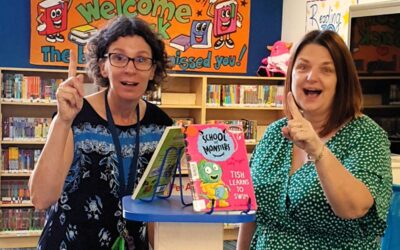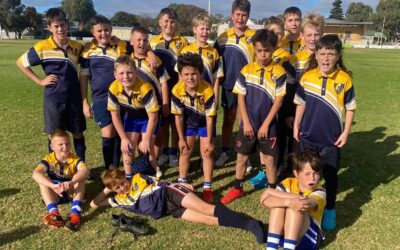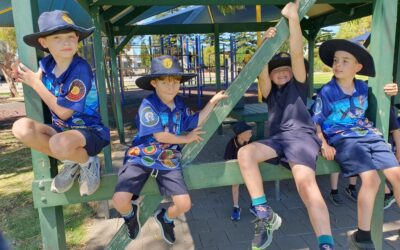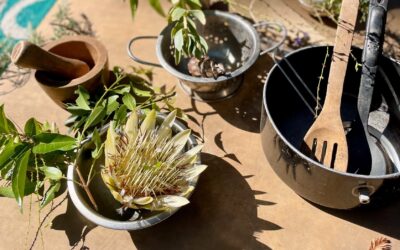
By Ms SANDER’S 4/5 CLASS
This year, our class is in charge of looking after the Port Noarlunga Primary School chickens!
Last year our groundskeeper Wibbo won a competition run by radio station Hit 107 and used some of the money to buy chickens for our school. The benefits of having chickens are:
• Create excellent fertilizer…
• Make great pets…
• Help clean your yard…
• Are like a natural garbage disposal…
• Are fairly easy to take care of…
• Help control bugs and weeds naturally…
As our class students are in charge of looking after the chickens this year, we researched about chickens:
Life Cycle

When a chicken lays an egg you would have to wait 21 days for it to hatch. Inside the egg is the embryo which hatches into a chick. After 24 weeks of being a chick, it will become a chicken. Then after the 6 months it can lay eggs.
On average, a chicken will live between three to five years (some breeds are known to live longer).
Looking after Chickens
• Chickens are omnivores so they eat fruit and grains. You can’t feed your chickens such foods as avocado and potato skins, celery and broccoli.
• Check their water every day for clean water.
• Take chickens in and out of the coop
• Take eggs out every day if there are eggs
• Clean the coop daily
• Check on the chickens daily
• Provide dry dirt or sand for chickens to bathe in
• Bath chickens if necessary
Diseases
Chickens can get diseases from drinking dirty water. Avian Influenza is the most commonly-known chicken disease, also known as Bird Flu, and people are worried about getting bird flu themselves. The signs are breathing troubles and the chickens will stop laying eggs. As well, the chicken’s face may be swollen.
Naming Competition
Last year a competition was held to name the chickens. The final results, which mostly showed great imagination, were: KFC, Eggie Betts, Chicken Nuggets, Bobby, and Egg Sheeran!
Sustainability
Each class throughout the school now has a bin dedicated to collecting food for the chickens. Students can put in their scraps from fruit/vegetable snack time as well as lunchtime. They know that chickens do not eat citrus peel from oranges or mandarines and the Porties chickens don’t like banana skin, either.
Books for Chooks!
We are trying to improve the literacy for our chickens (not really, but they make great listeners!) Here’s some photos of children reading to them. Enjoy!








